Blog and In the News
-
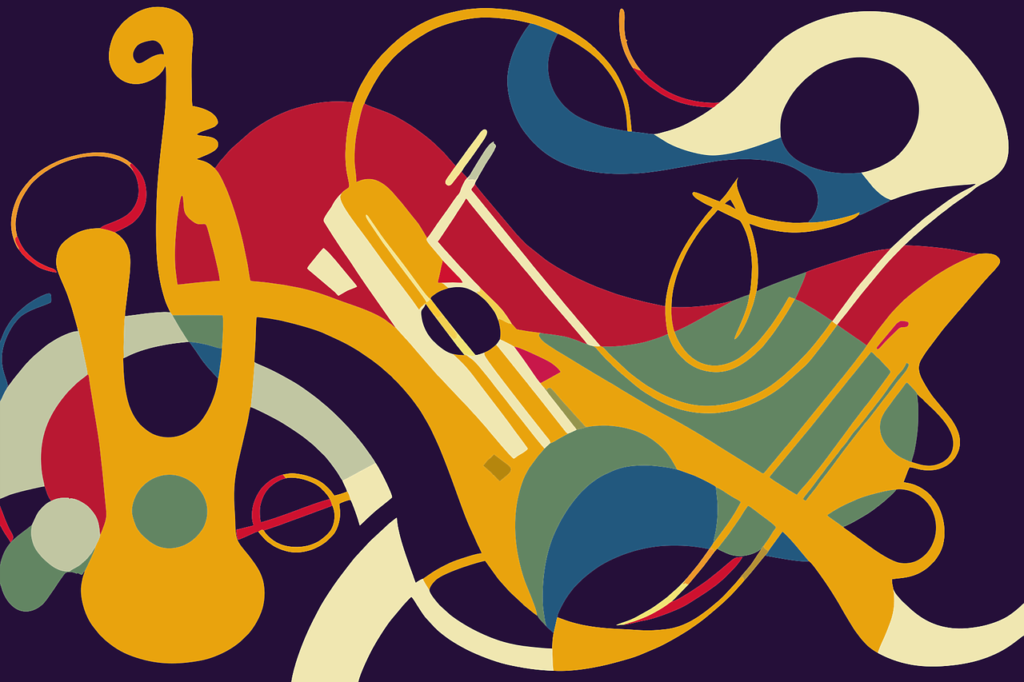 Way Versus What: Jazz
Way Versus What: JazzThis April, Woodlawn jazzes up for a month to celebrate Jazz Appreciation Month to honor one of America’s most iconic art forms. Improvisation is a key ingredient of jazz. A living music that expresses the feelings, dreams, and hopes of people, jazz is all about being in the moment. Jazz is more about the way a song …
Read More -
 America’s Sound: Jazz
America’s Sound: JazzApril is Jazz Appreciation Month, a celebration to advance recognition of jazz as America’s original music. Woodlawn recognizes jazz as an art form that represents the complexity of America’s pluralistic, democratic society. A music genre that originated in the African American communities of New Orleans, jazz is a broad style of music characterized by complex harmony, …
Read More -
 Funeral Rites Across Different Cultures: Islam
Funeral Rites Across Different Cultures: IslamIslam is a major world religion centered around the Quran, the sacred scripture of Islam, and the teachings of Muhammad. Islam is predicated on the belief in one god, Allah. Followers of Islam, or Muslims, believe there is one God, Allah (the Arabic word for God). Islam began with the Prophet Muhammad, who is a religious leader and …
Read More -
 Funeral Rites Across Different Cultures: Native American Traditions
Funeral Rites Across Different Cultures: Native American TraditionsThe funeral customs of the indigenous peoples of the Americas – the inhabitants of the Americas before the arrival of the European settlers – involve the community in activities to honor the deceased and support the family. Given the tremendous diversity of Native Americans, each tribe has their own variation on funeral customs, such as …
Read More -
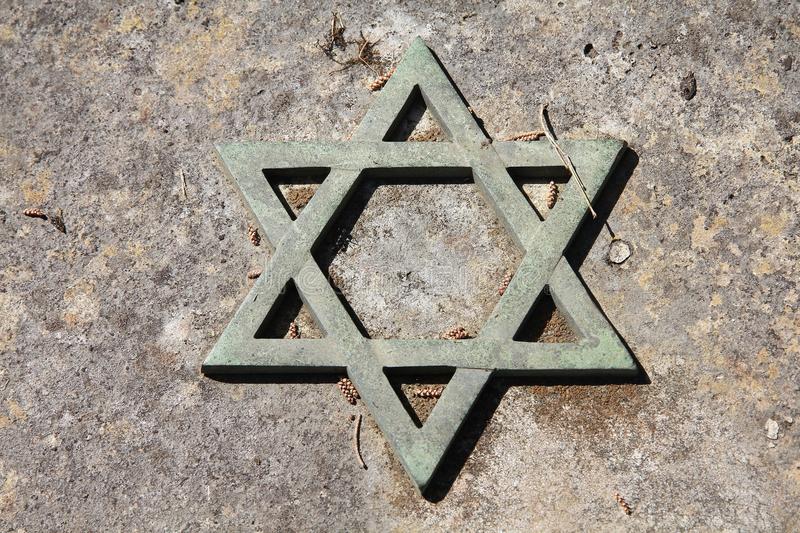 Funeral Rites Across Different Cultures: Judaism
Funeral Rites Across Different Cultures: JudaismDating back nearly 4,000 years, Judaism is the monotheistic religion developed among the ancient Hebrews. The world’s oldest monotheistic faith, Judaism was founded in the Middle East. It is the religion and way of life of the Jewish people. The afterlife is a fundamental of Jewish belief. The Jewish religion therefore teaches that honoring, respecting, …
Read More -
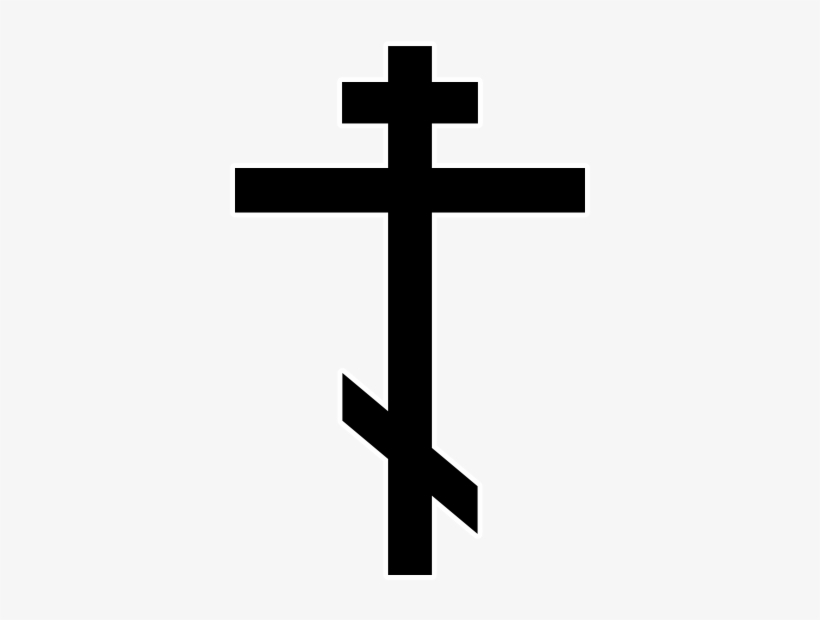 Funeral Rites Across Different Cultures: Orthodox Christianity
Funeral Rites Across Different Cultures: Orthodox ChristianityOne of the oldest surviving religious institutions in the world, the Eastern Orthodox Church, also known as the Orthodox Church, is the second-largest Christian church. With 220 million baptized members, the Orthodox Church is a Christian body whose adherents are largely based in Eastern Europe the Middle East, and diaspora populations. Adherents believe in the Trinity; …
Read More -
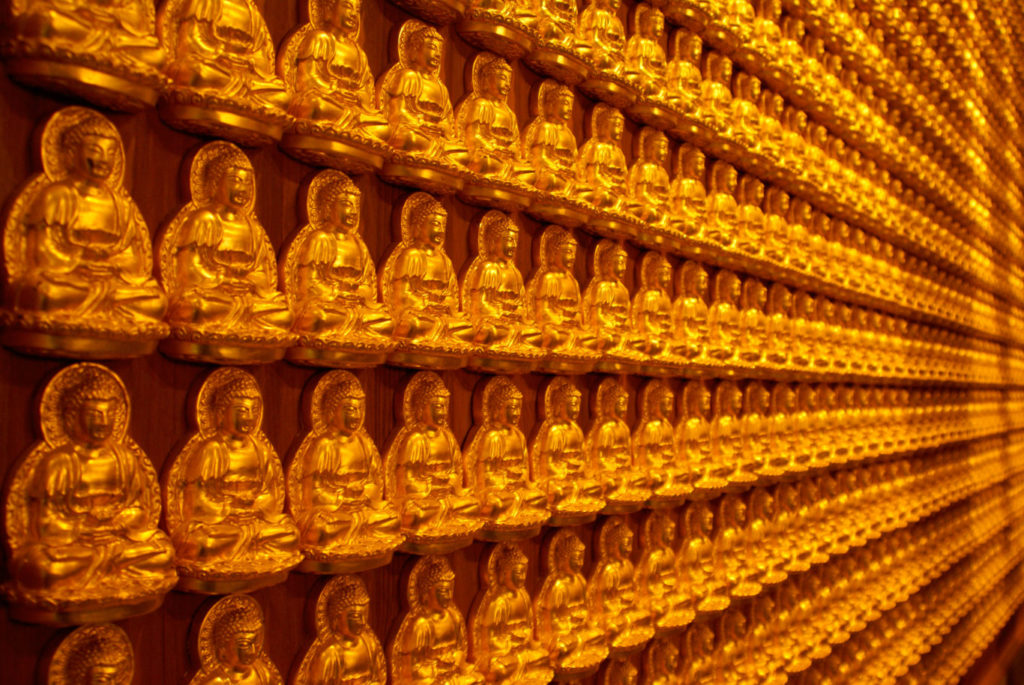 Funeral Rites Across Different Cultures: Buddhism
Funeral Rites Across Different Cultures: BuddhismOriginating 2,500 years ago in India, Buddhism is one of the world’s largest religions. Buddhists believe that the human life is a cycle of suffering and rebirth, and that meditation, good behavior, and spiritual and physical labor are the ways to achieve a state of enlightenment (nirvana). Based on the teachings of the Buddha, or “Awakened One,” …
Read More -
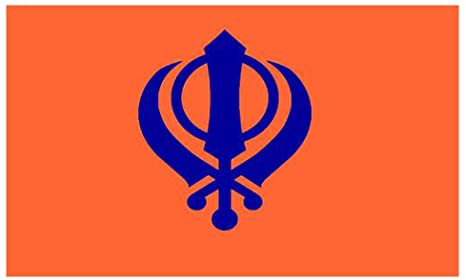 Funeral Rites Across Different Cultures: Sikhism
Funeral Rites Across Different Cultures: SikhismSikhism is a religion founded in the Punjab region in the northern part of the Indian subcontinent in the late 15th century. Sikhism is a monotheistic faith that stresses the equality of all men and women. Sikhs believe that good or bad actions in this life determine the life form into which a soul takes upon rebirth. …
Read More -
 Funeral Rites Across Different Cultures: Roman Catholicism
Funeral Rites Across Different Cultures: Roman CatholicismWith more than 1.2 billion followers, Roman Catholicism is the oldest and largest branch of Christianity. Catholicism is the branch of Christianity headed by the Pope, who makes decisions on issues of faith and morality. Catholicism teaches that it is the church divinely founded by Jesus Christ. Catholics believe that death is a passing from the …
Read More -
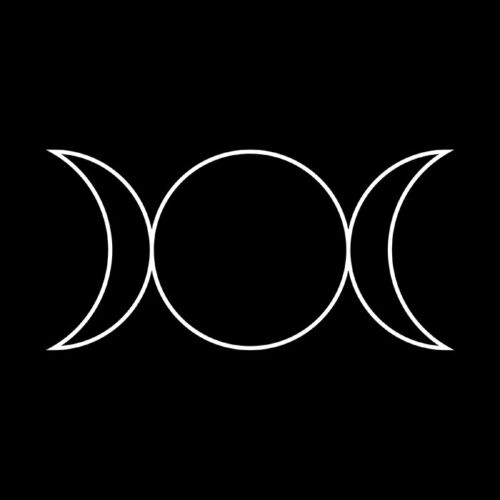 Funeral Rites Across Different Cultures: Wicca
Funeral Rites Across Different Cultures: WiccaWicca is a modern-day, nature-based religion. Though rituals and practices vary widely, most Wiccans observe festival celebrations of solstices and equinoxes, worship both a male god and female goddess, and practice their religion according to an ethical code. Wiccans draw interpretation largely from pre-Christian religions and cultures. Wiccan funerals show many of the same characteristics as green …
Read More
